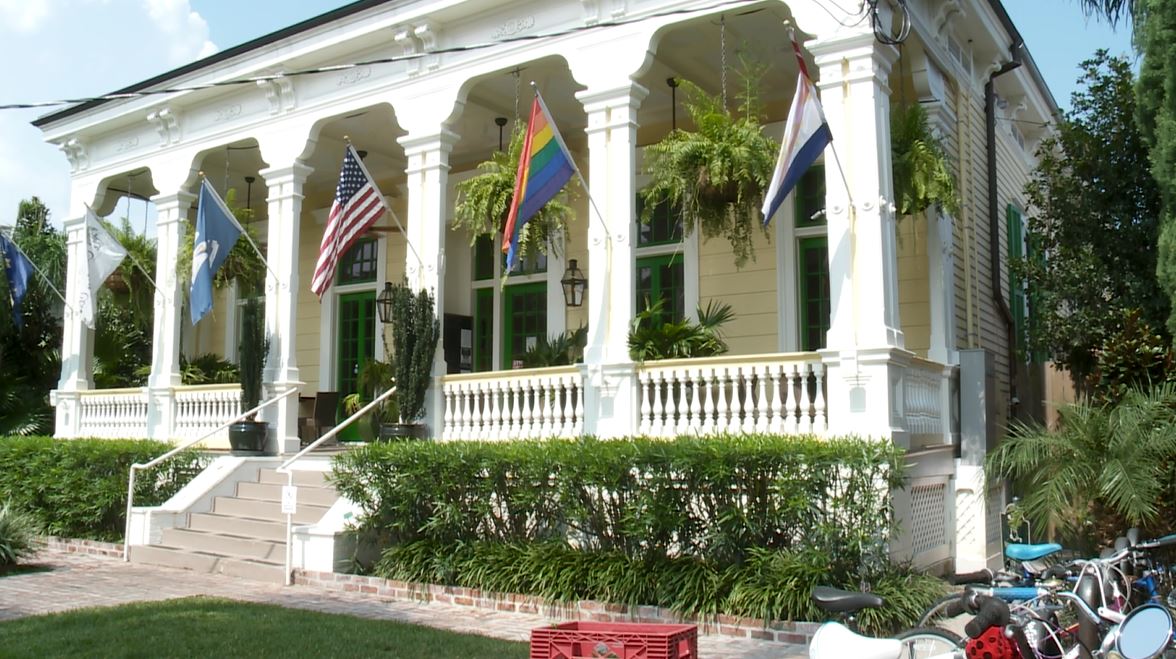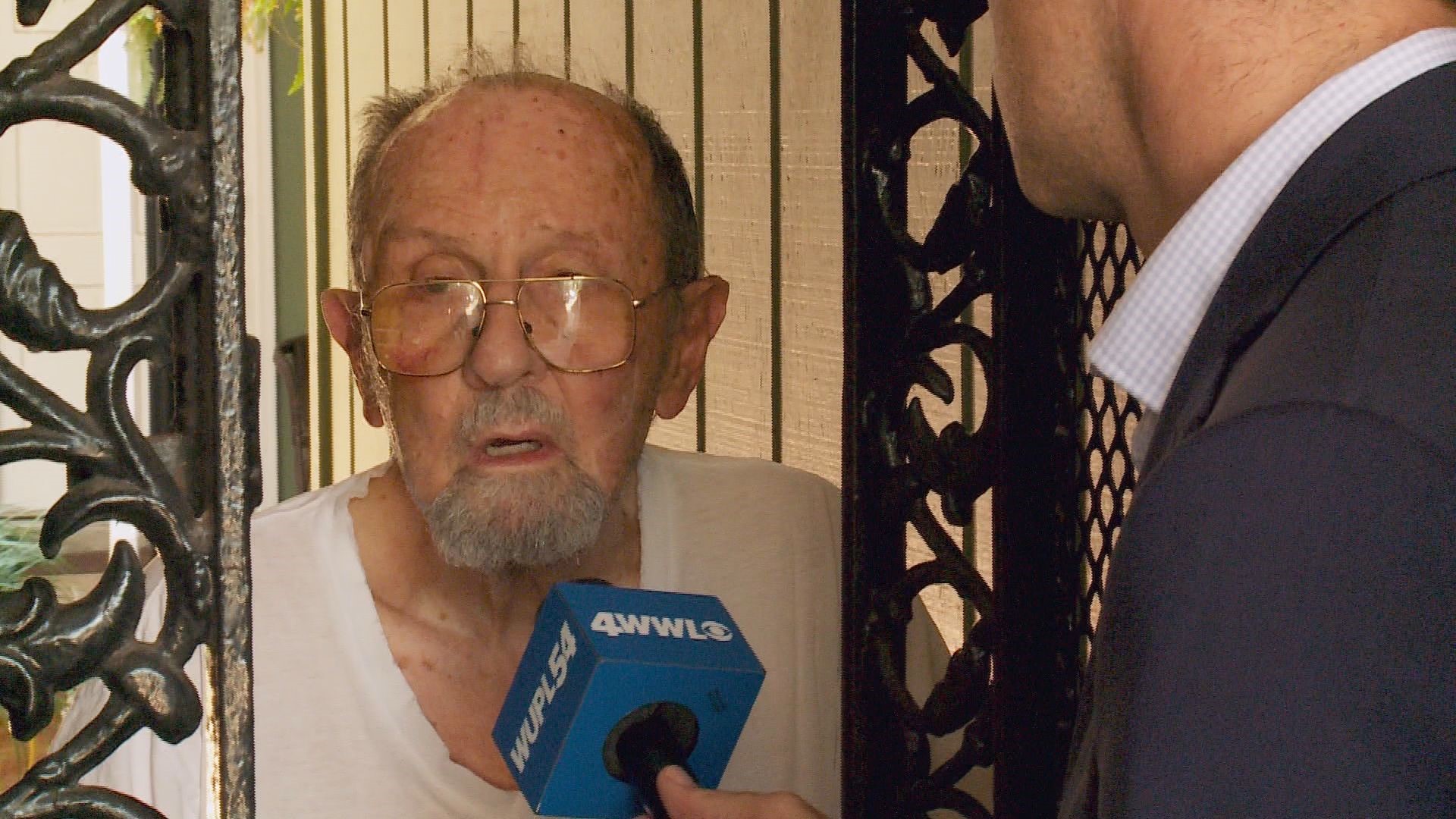NEW ORLEANS – Video surveillance footage that could have offered police key evidence in a high-profile rape investigation got recorded over and cannot be viewed, police told WWL-TV on Thursday.
WWL-TV did a series of stories this summer about Maria Treme, the woman who came forward to allege that she was drugged and raped at a popular Bywater hotspot, the Country Club. The stories showed how NOPD's beleaguered Special Victims Section handled the investigation, including decisions not to collect evidence from Treme's stolen car and to not let her have an advocate present during meetings with detectives.
The police promised to push forward with the investigation, but in December said that nearly two hours of video surveillance footage from the Country Club – and specifically from sections of the club where witnesses said they saw Treme having sex – were missing.
The Country Club brought in its video contractor to try to determine what went wrong. Now, two and a half months later, the club released to WWL-TV a summary of findings by the data recovery firm 504ENSICS.
The report said two video files from the club's digital recording system were recovered but could not be viewed. It also said there was an "automatic erasure" of some footage in August, in accordance with the club's policy of retaining the files for a month before recording over them.
It's unclear why that would have prevented the NOPD from getting the key footage because detectives collected copies of the footage from the Country Club on July 2. In August and September, the NOPD complained to Treme that it was having trouble viewing all of the files.
Country Club Vice President Sarah Ney said that by the time the police went to the Country Club about missing footage in December, the files had been overwritten.
"Last summer, when the footage was first provided to the NOPD, they claimed they had trouble playing the footage using the viewing software," Ney said. "So we provided them with a second copy, saved in a different format on a different kind of thumb drive.
"During this time period, the NOPD's IT personnel also came out to download the footage directly from The Club's security system hard drive. There was no notification of missing data from the NOPD until December. At that point, the hard drive had overwritten all but three videos."
Fed up with the investigation and weary of having become known in her hometown as "that rape victim," Treme moved last week to England. Contacted by email about the latest developments, she expressed frustration, especially at the NOPD.
"I don't even trust they'd want to help me get to the truth," she said. "The video was there, then it disappeared after they had it."
Country Club Vice President Sarah Ney emphasized that the 504ENSICS report found no evidence of "malicious deletion" of any footage.
"While we have done everything we can to enable access to the footage, we realize this new development is no less difficult to bear for Maria," Ney said.
NOPD spokesman Tyler Gamble said the case is still under investigation.
Meanwhile, residents of the Bywater and others feel like the city mishandled the case. Rose Murray went before the City Council's Public Safety Committee on Wednesday to ask why the city forced the Country Club to eliminate its clothing-optional pool – where Treme had been sunbathing in the nude when she believes she was "roofied" – instead of arresting alleged rapists.
She said she and other women in the Bywater feel like "deer in open season" because of the fear of violence and rape, but the city seems to be blaming the women for their behavior.
"If deer are being overhunted and fish are being overfished, you don't tell the fish to stop swimming, right? You regulate the hunters and the fishermen."
City Councilwoman Susan Guidry said the Law Department informed her the action was taken against the Country Club because of a litany of nuisance complaints by neighbors, not just because of the rape allegations – although the city took its action shortly after the WWL reports aired.
Treme has long said that she is against eliminating the club's clothing-optional policy and considers that part of the city's "blame-the-victim culture."


